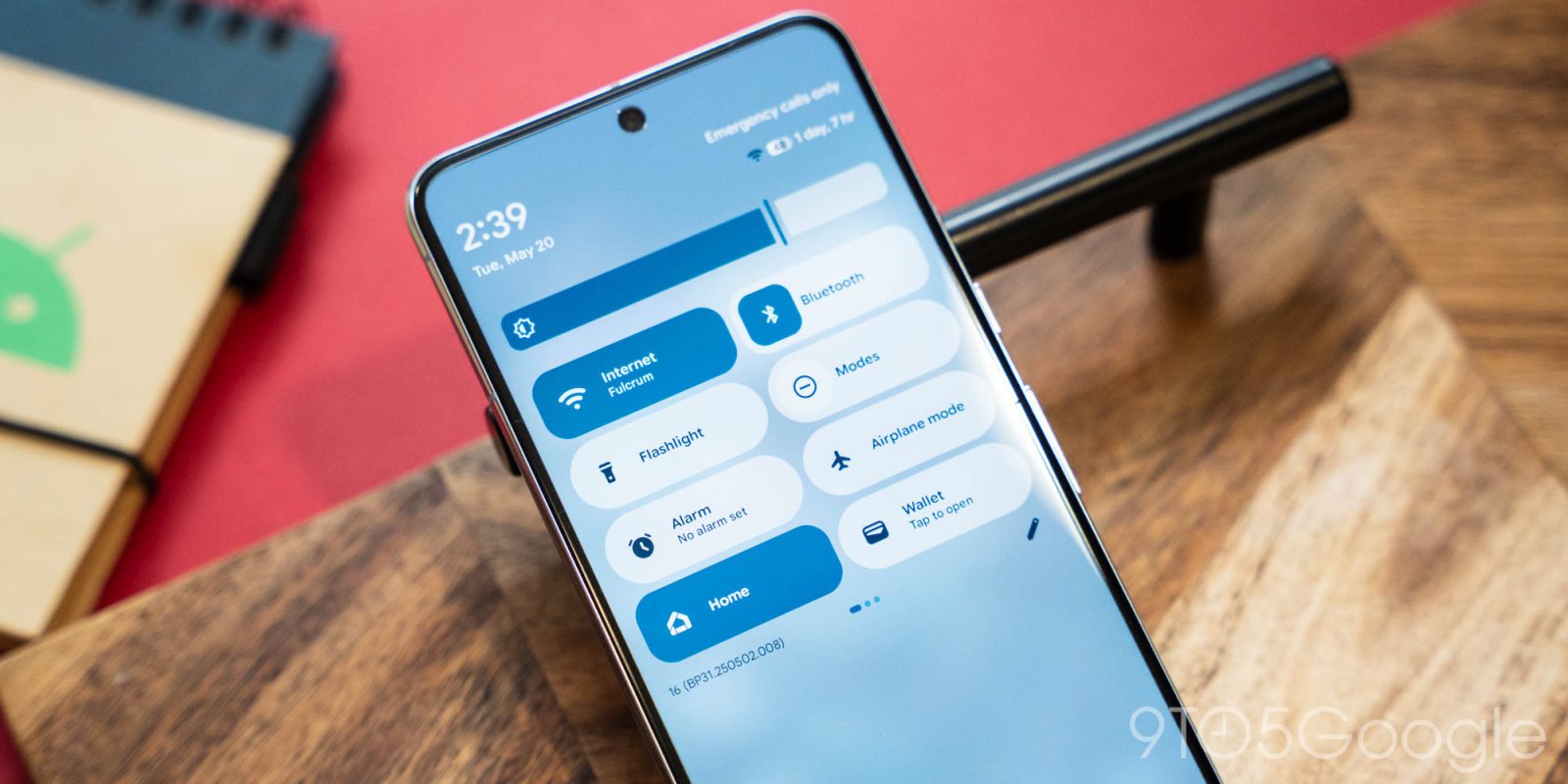3D Is Back. This Time, You Can Ditch the Glasses





You’ll be able to use a USB mouse with the Nintendo Switch 2 in at least one game, as a Koei Tecmo developer commentary video for the upcoming Nobunaga’s Ambition: Awakening Complete Edition revealed this week. That’s great news if your wrists, like mine, started preemptively cramping the first time you saw video of someone tipping a Joy-Con 2 controller on its edge for mouse mode.
While demonstrating the game’s use of the Joy-Con 2 as a mouse, producer Michi Ryu stops and plugs in a USB mouse. The Switch 2 displays a message that says a mouse has been connected, and he continues to play with both a mouse and his left Joy-Con 2, switching between them seamlessly, the same way you’ll be able to go back and forth between gyro and mouse control in Metroid Prime 4: Beyond.
As VideoGamesChronicle notes, the original Switch had mouse and keyboard support, though only some games took advantage, like the Nightdive-developed Turok port. (If you own that game and never noticed the “Mouse” option in its input settings, go plug in a USB mouse and keyboard and try it out — you won’t want to go back.)

This time around, Nintendo is embracing mouse support more. For instance, the company published a video to its Nintendo Today app earlier this month, showing that when you put a Joy-Con 2 on its edge for mouse mode, an onscreen pointer appears for navigating the system’s menu.
So does the Nobunaga’s Ambition video, mean a standard mouse works interchangeably with a Joy-Con 2 controller anywhere where mouse control is supported? I sure hope so, but we don’t know that yet. And Nintendo didn’t immediately respond to The Verge’s email asking if that was the case.

Beyond getting a Material 3 Expressive redesign, Android 16 QPR1 allows you to customize Quick Settings to quite a degree. Here are some tips on how to get the most out of this interface you frequently interact with.
more…


Welcome to Indie App Spotlight. This is a weekly 9to5Mac series where we showcase the latest apps in the indie app world. If you’re a developer and would like your app featured, get in contact.
Apple Watch, allowing users to learn more about Apple Watch bands and keep track of their collection.
more…
It’s finally time to upgrade for many owners of the earliest Amazon Fire TV devices, as Netflix is ending support for them next month, reports German outlet Heise.
The cutoff for US users is June 3rd, according to ZDNet, which writes that the company has been emailing those who would be affected by the change. Netflix is specifically ending support for the 1st-generation Fire TV streaming box and Fire TV Stick, as well as the 2016 Fire TV Stick with Alexa Voice Remote, ZDNet writes. If you didn’t get the email but want to be certain whether your Fire TV device is one of those reportedly losing Netflix, the outlet writes that you can check the “About” section under Settings > My Fire TV.
According to Heise, Amazon is offering discounts on new Fire TV Sticks to those affected by the change. Amazon didn’t immediately respond when The Verge reached out to ask whether that’s true for US users, as well.
In a FAQ added to a Netflix help page sometime in the last couple of months (March 15th is when it first showed up on The Internet Archive), the company says it may end support for devices that “can no longer get necessary updates from its manufacturer or support new features.” The company also added new references to error codes R4, R12, and R25-1.
Netflix did not immediately respond to The Verge’s request for comment.
The Fall of Builder.ai: The First AI Domino Builder.ai, a $1.2 billion AI startup that promised anyone could build apps without writing a single line of code using its assistant “Natasha,” has filed for bankruptcy. Just months ago, it looked […]
The post Builder.ai, a Microsoft-backed AI startup once valued at $1.2 billion, files for bankruptcy: Is AI becoming another .com bubble? first appeared on Tech Startups.

After testing in recent months, the Google Search app on Android has now widely rolled out an “Activity” tab in the bottom bar.
more…This coming weekend is a special one for most motorsport fans. There are Formula 1 races in Monaco and NASCAR races in Charlotte. And arguably towering over them both is the Indianapolis 500, being held this year for the 109th time. America's oldest race is also one of its toughest: The track may have just four turns, but the cars negotiate them going three times faster than you drive on the highway, inches from the wall. For hours. At least at Le Mans, you have more than one driver per car.
This year's race promises to be an exciting one. The track is sold out for the first time since the centenary race in 2016. A rookie driver and a team new to the series took pole position. Two very fast cars are starting at the back thanks to another conflict-of-interest scandal involving Team Penske, the second in two years for a team whose owner also owns the track and the series. And the cars are trickier to drive than they have been for many years, thanks to a new supercapacitor-based hybrid system that has added more than 100 lbs to the rear of the car, shifting the weight distribution further back.
Ahead of Sunday's race, I spoke with a couple of IndyCar drivers and some engineers to get a better sense of how they prepare and what to expect.


© Brandon Badraoui/Lumen via Getty Images

Users of Whoop’s fitness trackers have been reporting that their Whoop MG fitness trackers are turning unresponsive, in some cases within under an hour of setting them up. Now, the company is apparently replacing the trackers, in some cases before the users even ask, TechIssuesToday reports.
Launched alongside the Whoop 5.0 earlier this month, the Whoop MG (which stands for “Medical Grade”) comes with EKG capabilities and blood pressure insights and requires a premium Whoop Life subscription that’s $359 per year. Users started reporting issues with the tracker almost immediately.
On May 11th, a user reported in the Whoop community forum that their MG “stopped working overnight after working for 8 hours. No green light, no bluelight nothing. It won’t now pair with the app.” Others replied to say the tracker failed even sooner for them, with one person reporting that it went inert after just half an hour of use. Some also report that their 5.0 has failed.
Whoop recommends a few troubleshooting steps — the usual things like making sure your device is charged or trying to reset it — but users in the community thread say it didn’t work.
The company appears to be trying to rectify the situation by sending out replacement units, sometimes without users even asking for one, as the Reddit user who posted the screenshot above wrote further down in the thread. The same goes for a user who posted two days ago to say they got the same notification despite having not noticed any problems with their MG. Some in that thread even write that the company replaced their MGs without ever telling them it would be doing so.
It’s already been a troubled launch for Whoop. Earlier this month, some users were outraged when Whoop said they would need to add another 12 months onto their memberships to avoid the upgrade fee for the Whoop 5.0. Previously, users only needed to have 6 months left on their subscription to get a Whoop 4.0. The company soon walked its new terms back, posting on Reddit that those who had at least 12 months left would be eligible for an upgrade.
Whoop did not immediately respond to The Verge’s request for comment.